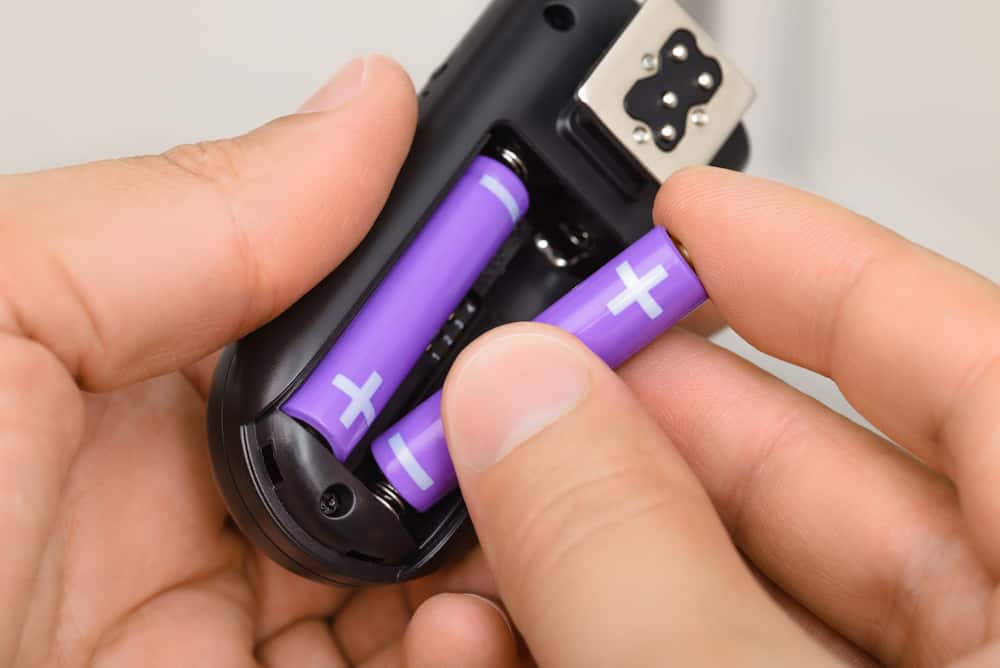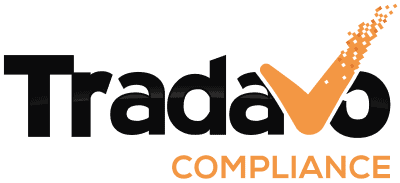EU Batteries Regulation
The new EU Batteries Regulation 2023/1542 aims at increasing the safety of batteries and reducing the environmental damage caused by them. For this purpose, batteries are now supposed to be designed to be sustainable throughout their entire service life. This blog post examines what exactly this means for you as an e-commerce seller.
Legal background
When does the new BATT2 come into effect?
In principle, the new Batteries Regulation that entered into force on August 17, 2023 is applicable as of February 18, 2024. However, some of its articles will become applicable at a later date, e.g., Article 11, which regulates the removability and replaceability of portable batteries and LMT batteries and does not come into effect until February 18, 2027.
The new Batteries Regulation replaces the previously applicable Batteries Directive from 2006. Consequently, the Battery Directive is repealed as of August 18, 2025. In addition, both the Waste Framework Directive and the Market Surveillance Regulation are being amended.
Which products are affected by the new BATT2?
As the name suggests, the new Batteries Regulation covers pretty much any product that contains batteries, including:
- Rechargeable and non-rechargeable portable batteries, both separate and installed in products
- LMT batteries: Batteries and rechargeable batteries used in light means of transport such as e-bikes or e-scooters
- SLI batteries: Car batteries and starter batteries
- EV batteries: Batteries for electric vehicles
- Industrial batteries with a capacity of more than 2 kWh
The most important changes for e-commerce sellers caused by the new EU Batteries Regulation
The new Batteries Regulation aims to increase the collection rates and the recycling of batteries and rechargeable batteries, among other things.

Due diligence obligations
Pursuant to Article 48 BATT2, companies that place batteries on the European market have to fulfill certain due diligence obligations. Only companies whose net sales amount to less than EUR40 million and whose batteries have been prepared for reuse, repurposing or remanufacturing are exempt from these obligations.
Extension of the labeling requirements for batteries
The new Batteries Regulation entails a number of new and extended labeling requirements. From now on, every battery has to be equipped with the CE marking and a symbol showing which heavy metal it contains. In the next years, other labeling requirements will be added. For example, the crossed-out wheeled bin symbol, which indicates separate collection, has to be printed on every battery from 2025.
From 2026, batteries have to be equipped with a QR code allowing users to get more information about the batteries installed. Furthermore, certain batteries have to be equipped with capacity details from 2026. If batteries are not rechargeable, they have to be marked with the “non-rechargeable” symbol.
Digital battery passport
The digital battery passport has to be accessible by means of a QR code as of February 18, 2027. The battery passport is a kind of electronic file that contains information e.g., on the carbon footprint caused by the production of the battery. Furthermore, the origin of the materials used, the composition of the battery, and repair, repurposing and dismantling procedures have to be documented in this file as well.
The battery passport has to be provided for LMT batteries, industrial batteries with capacities of more than 2 kWh, and batteries for electric vehicles. The battery passport is regulated in Articles 77 and 78 BATT2.
Increasing the collection targets
As mentioned above, one of the core concerns of the new Batteries Regulation is increasing the collection targets. The collection targets for portable batteries and LMT batteries, i.e., batteries that are portable and installed in e-scooters, for example, are raised. This is planned to be achieved in stages over the next years.
- By December 31, 2023: 45% for portable batteries
- By December 31, 2027: 63% for portable batteries
- By December 31, 2028: 51% for LMT batteries
- By December 31, 2030: 73% for portable batteries
- By December 31, 2031: 61% for LMT batteries
In order to ensure that these targets are achieved, the new Batteries Regulation provides for several new provisions regarding return and collection points. For LMT batteries, for example, it will be necessary to prove that they comply with the rules for the return before such batteries are even put on the market.
Carbon footprint declaration
With the new EU Batteries Regulation, manufacturers are obligated to provide a carbon footprint declaration for electric vehicle batteries, rechargeable industrial batteries with a capacity of more than 2 kWh and LMT batteries.
The declaration has to be accessible by means of a QR code (Article 13(6)). As long as it is not accessible via QR code yet, the declaration has to be enclosed with the product. The declaration has to include administrative information about the manufacturer, information about the battery model, information about the geographic location of the battery manufacturing plant, and the carbon footprint of the battery, among others. The specific items of the latter are detailed in Annex II no. 4 of the Batteries Regulation. The declaration must also include the identification number of the EU declaration of conformity of the battery.
What are the possible consequences of an infringement of the BATT2?
The Member States are free to determine the penalties to be imposed in the case of an infringement of the Regulation. The Batteries Regulation only stipulates that the penalties have to be effective, proportionate and dissuasive. Pursuant to Article 93 BATT2, the Member States have to lay down the rules on such penalties by August 18, 2025.
Important facts for e-commerce sellers
If you sell products that contain portable batteries, you have to make sure that your end users can easily remove and replace them at any time, i.e., that the batteries can be replaced by means of customary tools, without the need for any special tools. If special tools are necessary, you have to provide them free of charge with the product.

Furthermore, operating instructions and safety information have to be enclosed with the product, showing the end customer how to remove and replace the portable battery safely. In addition, the operating instructions and the safety information have to be made available permanently online on a public website, in an easily understandable way.
Once the new Batteries Regulation has come into force, in the case of batteries that present a risk, importers are obligated to do sample testing. Furthermore, they have to investigate, keep a register of complaints and battery recalls, and keep their distributors informed thereof.
We at Tradavo can help you
The new EU Regulation entails quite a few obligations for e-commerce sellers. Our experts are happy to help you operate efficiently and in a legally safe way in this respect. Please do not hesitate to contact us for a non-committal initial consultation right away.
You need assistance?
It is best to book an appointment directly for a free initial consultation.
Who wrote this article?
As an author, Christina fills the blog section of our website with exciting and informative articles, so that our readers can always take care of product compliance in their company in the most well-informed way.
- Christinahttps://compliance.tradavo.eu/en/author/epywxge/
- Christinahttps://compliance.tradavo.eu/en/author/epywxge/
- Christinahttps://compliance.tradavo.eu/en/author/epywxge/
- Christinahttps://compliance.tradavo.eu/en/author/epywxge/







